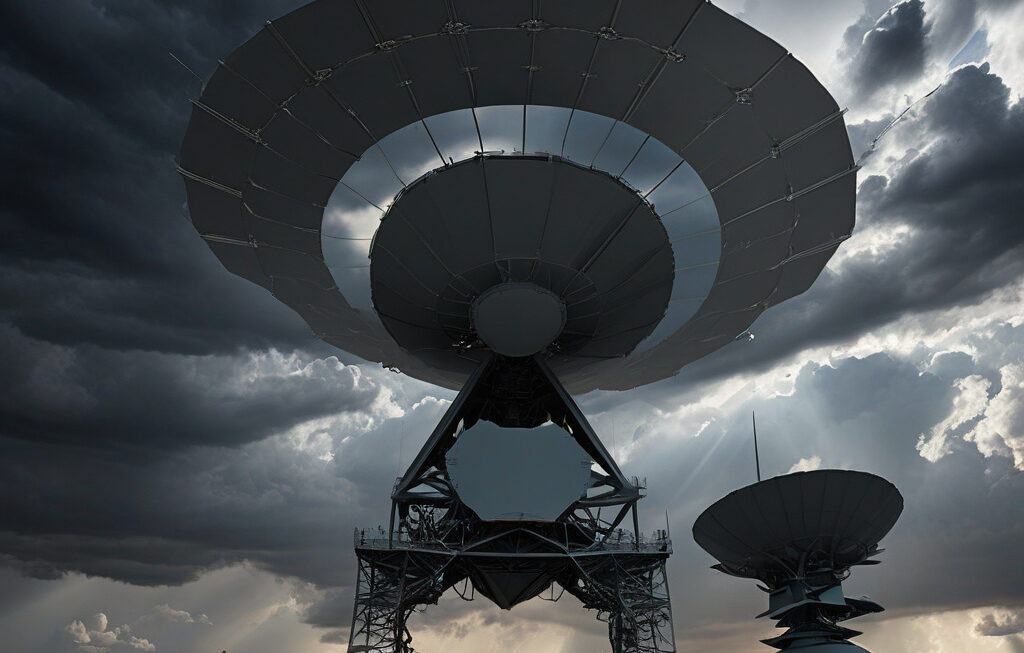Amazon launches first Kuiper satellites to challenge Starlink
The space race for global internet coverage has just heated up as Amazon successfully placed its first batch of Kuiper satellites into orbit. Led by the ambitious Jeff Bezos, the Kuiper project aims to provide broadband services to underserved and remote areas around the world, while also directly challenging Elon Musk’s Starlink initiative.
With this recent milestone, Amazon has officially entered the competition to dominate the rapidly growing market of satellite internet services. By leveraging a constellation of low Earth orbit (LEO) satellites, Kuiper intends to offer high-speed internet access to regions where traditional ground-based infrastructure is either limited or non-existent.
Bezos’s vision for Kuiper goes beyond just bridging the digital divide; it’s about establishing a formidable presence in the space industry. The deployment of these satellites marks the beginning of what could potentially be a game-changing venture for Amazon, diversifying its portfolio beyond e-commerce and cloud computing.
One of the key advantages of Kuiper over its competitors lies in Amazon’s vast resources and infrastructure. With the backing of one of the world’s most valuable companies, Kuiper has the financial muscle and technological prowess to scale its satellite network rapidly and efficiently.
Moreover, by directly challenging Starlink, which has already launched thousands of satellites into orbit, Amazon is signaling its intent to carve out a significant share of the satellite internet market. This competition is not only beneficial for consumers, who stand to benefit from improved services and lower prices but also for driving innovation in the sector as a whole.
The implications of Amazon’s entry into the satellite internet space are far-reaching. As more players like SpaceX, OneWeb, and now Amazon vie for dominance, we can expect to see a revolution in how internet connectivity is delivered globally. This increased competition will likely lead to more affordable and accessible internet access for people in remote and rural areas.
Furthermore, the success of Kuiper could also have broader implications for the future of space exploration and commercialization. By demonstrating the viability of deploying large constellations of satellites for internet services, companies like Amazon are pushing the boundaries of what is possible in space technology.
In conclusion, Amazon’s launch of the first Kuiper satellites represents a significant milestone in the company’s quest to revolutionize the satellite internet industry. By bringing high-speed connectivity to underserved areas and challenging established players like Starlink, Amazon is poised to make a lasting impact on the way we access the internet globally.
#Amazon, #KuiperSatellites, #Starlink, #SatelliteInternet, #SpaceRace












